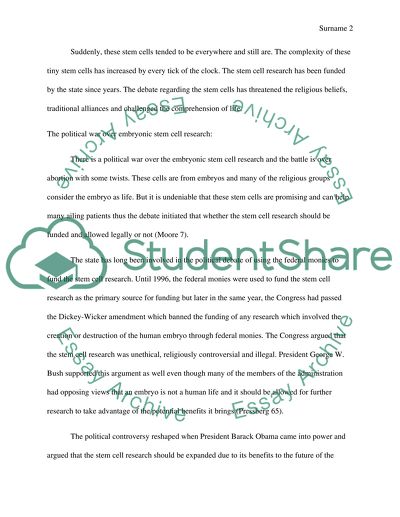Cite this document
(“Debate over stem cell research paper Example | Topics and Well Written Essays - 2500 words”, n.d.)
Retrieved from https://studentshare.org/english/1482717-debate-over-stem-cell-research-paper
Retrieved from https://studentshare.org/english/1482717-debate-over-stem-cell-research-paper
(Debate over Stem Cell Research Paper Example | Topics and Well Written Essays - 2500 Words)
https://studentshare.org/english/1482717-debate-over-stem-cell-research-paper.
https://studentshare.org/english/1482717-debate-over-stem-cell-research-paper.
“Debate over Stem Cell Research Paper Example | Topics and Well Written Essays - 2500 Words”, n.d. https://studentshare.org/english/1482717-debate-over-stem-cell-research-paper.


